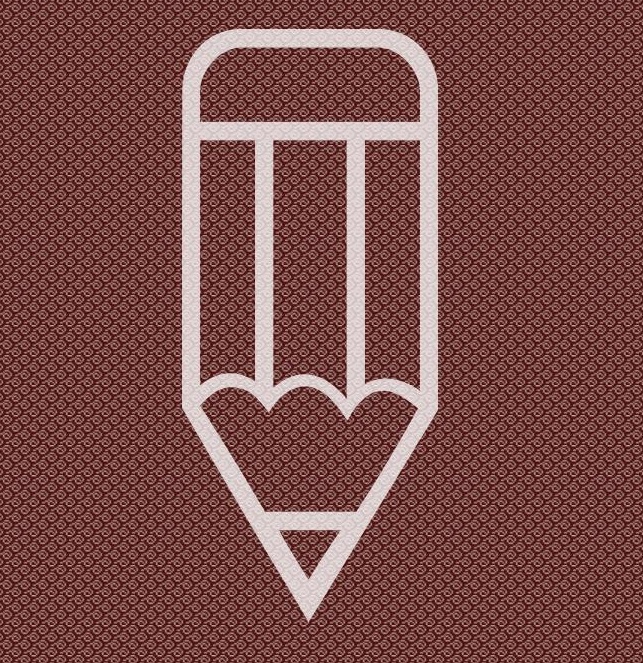Style guide

An overview
Clear, simple writing should be the goal of all contributors. Contributors need to keep in mind our large audience, that it is international, and that the majority of our readers are not native speakers of English. When writing it is important to ask, can my reader understand this? Use clear, simple language, making sure that you do not use phrases that might not make sense when directly translated. Examples include phrases such as "keeping your hand in", "putting a lid on it" or "having a clear head".
Never write gender blind, and try to use as few references as possible to gender blind material. It rarely matters what a women wears, what her age or marital status is, or her sexual orientation. These are only relevant if they are important for a point being made. Read an alternative paragraph/sentence aloud, just to see if it makes sense without that material.
Always refer to people by their pronoun and gender of choice. Do not refer to any "alternative" (such as "born a woman") unless it is relevant to the point being made.
Refer to people in a way that empowers and strengthens – survivors of sexual abuse, people living with HIV/ AIDS. People are not defined by trauma, disease, disability or gender.
GenderIT.org strives to write in a style that is less formal, but avoid contractions (e.g. don’t, I’ll, isn’t) because they are often not used in other languages and might confuse non-native English speakers.
Do not capitalise technological terms because that makes them seem Far More Important and Impenetrable than they really are. So words like internet, information society, free/libre and open source software, gender or civil society should be not capitalised unless they are within proper nouns (e.g. name of programme “Gender Equality and Information Society National Plan”).
Before you start writing, make sure you are familiar with the APC style guidelines, which deal with house style in terms of grammar and capitalisation, also available below.
In particular:
- Do not capitalise every single word in the titles and subtitles of the article.
- All acronyms must be spelled out in full when they are first mentioned in the article (remember that our primary audience are women’s organisations who are not focussed on ICTs, and who do not need to be familiar with commonly used acronyms in the field of ICTs).
- If you are citing material that is available online, always provide a link to the original source as a matter of courtesy and good internet conduct.
- Make sure you always have permission to republish any article(s) and/or photo(s) on the website from the original author/source (with the exception of writings that are sourced as APC, including APC programmes such as APC WRP or APC CIPP).
- Keep a record of the permission provided, and forward it to the Spanish or English language editors for documentation.
- You can quote 1-2 paragraphs of an article in your writing without needing prior author’s permission. Again provide a link to the original article as a matter of courtesy and good internet conduct.
- If you republish original articles written exclusively for APCNews or GenderIT.org, you must mention these as a source. Please inform the editorial team of external sites about this condition. Please refer to the [APC Editorial Policy] for more information.
- Consistently cite all resources and sources that you use in your writing.
- For interviews, please include in your submission this information about the interviewees:
- Full name
- Where s/he is based
- Where s/he is attached to professionally
- Her/his expertise in the field that is the focus of your article.
Final checklist
- Always run a spell check! Make sure that you have used international or UK English throughout your contribution.
- Have you referenced in footnotes? Don't! Make sure all references are at the end of the document, and referred to in square brackets: [1].
- APCNews, including GenderIT.org, uses an adapted version of the American Psychological Association (APA) style of referencing. Please refer to the APC reference guide.
Some examples of referencing
Book
Author, A. (year). Title of Work. Location: Publisher. URL (if the publication is available online)
Gurumurthy, A. (2004). Gender and ICTs: Overview Report. Brighton: BRIDGE. www.bridge.ids.ac.uk/go/bridge-publications/cutting-edge-packs/gender-and-icts/gender-and-icts&id=52909&type=Document&langid=1
Journal article
Author, A. (Year). Title of article. Title of Periodical, volume number(issue number), pages (if available). URL (if online)
Coleman, S. (2005). The lonely citizen: Indirect representation in an age of networks. Political Communication, 22(2), 197-214.
Salas, M. (2010). Internet, power and politics: Gender and ICTs in the movement against CAFTA. The Journal of Community Informatics, 6(1). ci-journal.net/index.php/ciej/article/view/530/468
Newspaper article
Author, A. (Year, date month published). Article title. Newspaper Title. URL
Chemaly, S., Friedman, J., & Bates, L. (2013, 21 May). An Open Letter to Facebook. Huffington Post. www.huffingtonpost.com/soraya-chemaly/an-open-letter-to-faceboo_1_b_3307394.html
Web page
If you are citing information about an organisation, programme, campaign, etc. from a website, you can simply provide the URL.
www.takebackthetech.net/page/about-campaign
And please remember to follow the language guidelines in the APC house style guide!
You can access the new and simplified APC house style guide by clicking here.